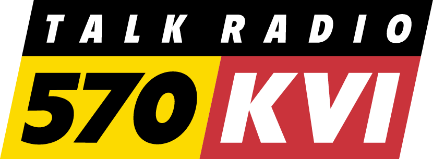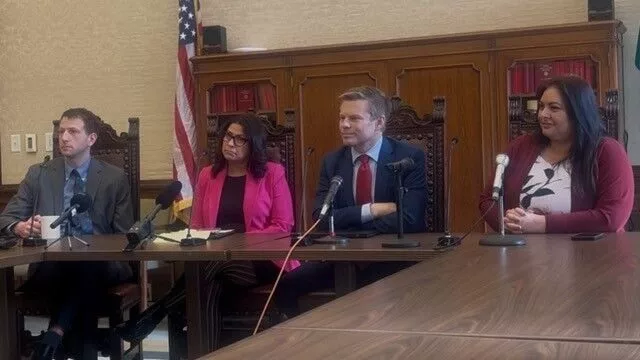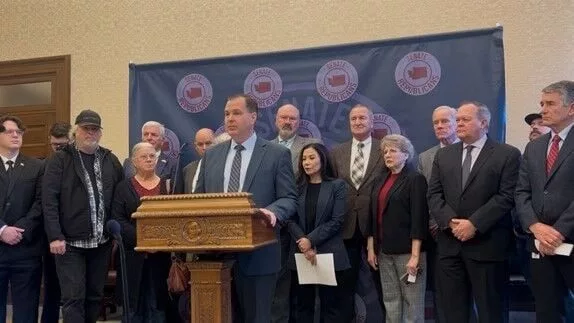(The Center Square) – It’s an ugly blight on society and it’s only getting worse.
Graffiti tags, though often colorful and sometimes artistic, are showing up everywhere at a huge cost to taxpayers for removal.
And it’s not just on freeway overpasses or alongside the interstate. Taggers are painting over street signs, and defacing business fronts and fence lines on private property. They often come back just days or even hours after the paint has been covered up, and once again leave their mark.
Rep. Andrew Barkis, R-Olympia, has introduced a pair of bills – House Bill 1800 and House Bill 1989 – to address the worsening issue. The former would give courts more options besides jail time for offenders to be held accountable and rectify their mistakes, while the latter would create a graffiti abatement and reduction program
“I am absolutely sick of graffiti, and that’s the basis for these bills,” Barkis told The Center Square.
Barkis says he’s been working to do something about this issue ever since driving along the recently completed stretch of Interstate 5 through Tacoma and seeing graffiti all over the public art on the structure’s giant concrete walls.
“What the hell is going on here?” he asked.
The representative called the state Department of Transportation and was told the agency doesn’t have the maintenance dollars to stay on top of the graffiti challenge.
A WSDOT spokesperson told The Center Square via email that graffiti removal costs taxpayers hundreds of thousands of dollars every year.
In 2022 maintenance crews spent over $642,560 dollars on graffiti removal statewide, equating to nearly 10,000 hours of labor, the WSDOT spokesperson said, adding that in the past two years, maintenance teams have spent $1.4 million on graffiti removal.
“The increase in graffiti is a direct result of everything else we’re seeing in society when it comes to the increase in crime, property damage, theft, drugs, homelessness, everything is tied together,” Barkis said. ” It boils down to not enforcing the law.”
The lawmaker pointed out that HB 1800 would offer alternatives to confinement that include community service hours that could include “scrubbing off graffiti tags.”
He added, “Treating the perpetrators as mischievous juveniles with nothing more than a slap on the wrist, is not working anymore.”
It will be up to majority Democrats to decide if either bill gets a public hearing.
The upcoming 60-day legislative session begins on Jan. 8.





